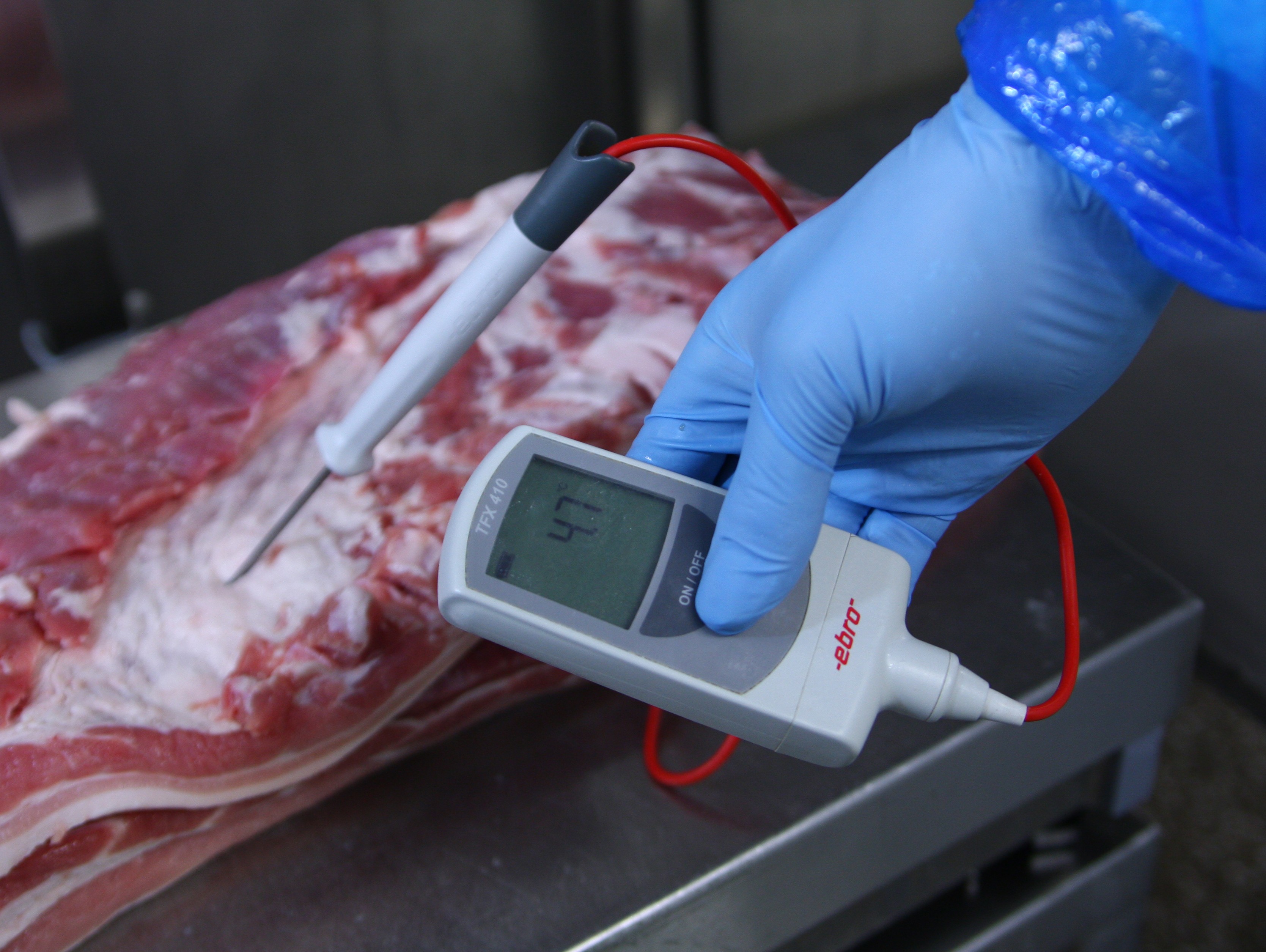
In September 2015, the vocational food training institute SVO has launched a new MBO-level qualification called ‘Quality Employee’. Jan Willem Sipma, Manager of Markets & Careers at SVO: “It’s becoming increasingly important to focus on quality and ensuring food safety, especially now that grocery retailers are demanding that the right safeguards are in place. There is a substantial need for expertise.”
The MBO-level ‘Quality Employee’ qualification is aimed at employees who are already involved in quality-related tasks or who would like to be: people who work within the quality department and want to learn about quality systems and checks and about conducting audits. The programme started this September at the SVO’s new teaching facility in Houten. It is also possible to start in January 2016 in Houten, and SVO hopes to be able to run the programme at its other locations in the longer term. The programme takes 1.5 years.
The programme has been developed in conjunction with Bureau voor Kwaliteitszorg (BK), an independent organisation which helps to improve quality and food safety in the food industry and within healthcare institutions. “We explored how we could combine our areas of expertise and how we could introduce important new elements. We are also running the programme jointly with BK.”
“The quality employee in the food industry is often the ‘right-hand man’ of the quality manager, forming the link between the quality department and production. He is the first point of contact for the production department and plays a key role in improving quality within the company. These employees have often taken on their extra duties over time and have gained the necessary knowledge on the job or through training courses. There is now an educational programme which is seamlessly aligned with practical industry needs and which gives employees the opportunity to obtain an MBO level-4 qualification. The qualification also offers them interesting career prospects because it paves the way for further advancement to HBO level in the future.”
The legally set course fee (for students aged 18 and over) is EUR570. Employers who provide support to a BBL student can be eligible for a subsidy of up to EUR2,700. For more information please call +31 (0)30 275 81 81 or visit www.svo.nl/praktijkleren.
NB: The Dutch Work & Security Act was amended on 1 July 2015. Under certain circumstances following a BBL agreement, the employer can offer the employee a fixed-term employment contract for a maximum of three times.
'It’s becoming increasingly important to focus on quality and ensuring food safety'
Students who wish to embark on the programme are at an advantage if they have some prior knowledge and experience of a food manufacturing environment. They must also have completed a relevant level-3 programme or equivalent. “We always conduct an intake test based on cognitive and personality-related aspects as well as a language and/or arithmetic test to assess the student’s level,” says Jan Willem. “At the start of the programme SVO discusses the learning aims with the student and the training company, and we take into account what the student already knows and can do. We continually monitor and discuss this throughout the programme.”
The MBO-level Quality Employee qualification is built around core tasks including a number of topics which are relevant to the everyday role. “Students work on a core task related to the topics both during the lessons and during their work,” explains Jan Willem. “We conclude each core task with a theoretical exam and a practical exam. When the student has passed all the exams, they can take the Aptitude Test.” The programme also includes the generic subjects: maths, English and Dutch: “It’s very important that the quality manager can communicate any problems in the right manner and can prepare a clear report. Furthermore, these subjects ensure that the programme complies with the legal requirements for MBO qualifications.”

“With SVO, students follow the BBL track of apprenticeship-based vocational learning. This means that students attend school just one day per week. They spend the other four days working at their training company, where they gain practical experience and hone their skills. They work on assignments which are as closely aligned with the practical situation as possible. The lessons give the students the opportunity to share their experiences, enabling them to learn a lot from one another too. For employers, the programme offers immediate benefits thanks to the combination of working and learning,” claims Sipma.

But not every workplace is suitable. Jan Willem: “One requirement is that it is a recognised training company which also has someone who fulfils the role of practical trainer. Because much of SVO’s MBO-level programme is spent in the workplace, the practical trainer within the training company plays a very important role since that person supports, supervises and assesses the student in the place of work.” Furthermore, both the student and the training company receive support from an SVO mentor. “The mentor is the first point of call and has intensive contact with the student, the lecturers and the training company about the student’s progress. We consider it important that each student and their training company receive the attention they deserve.”
Source: SVO